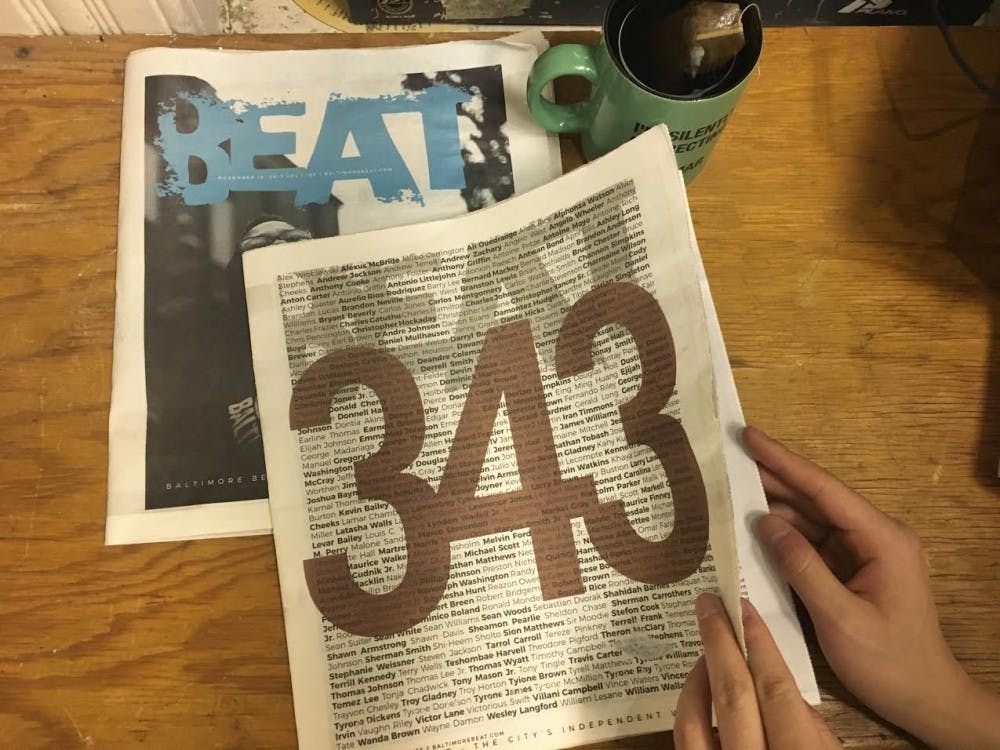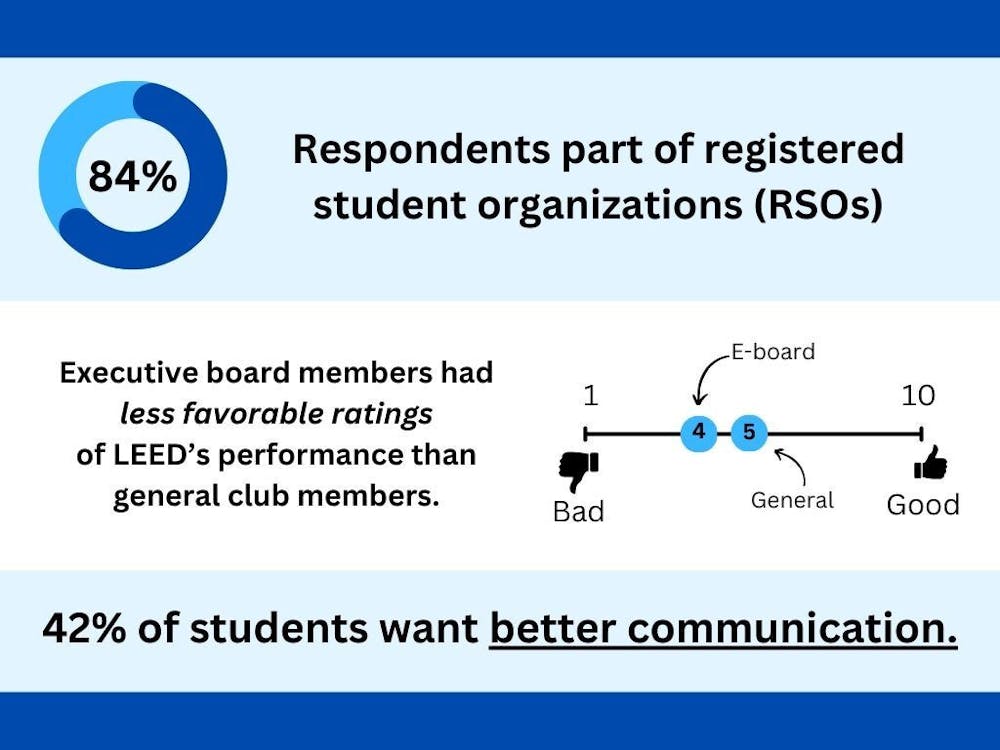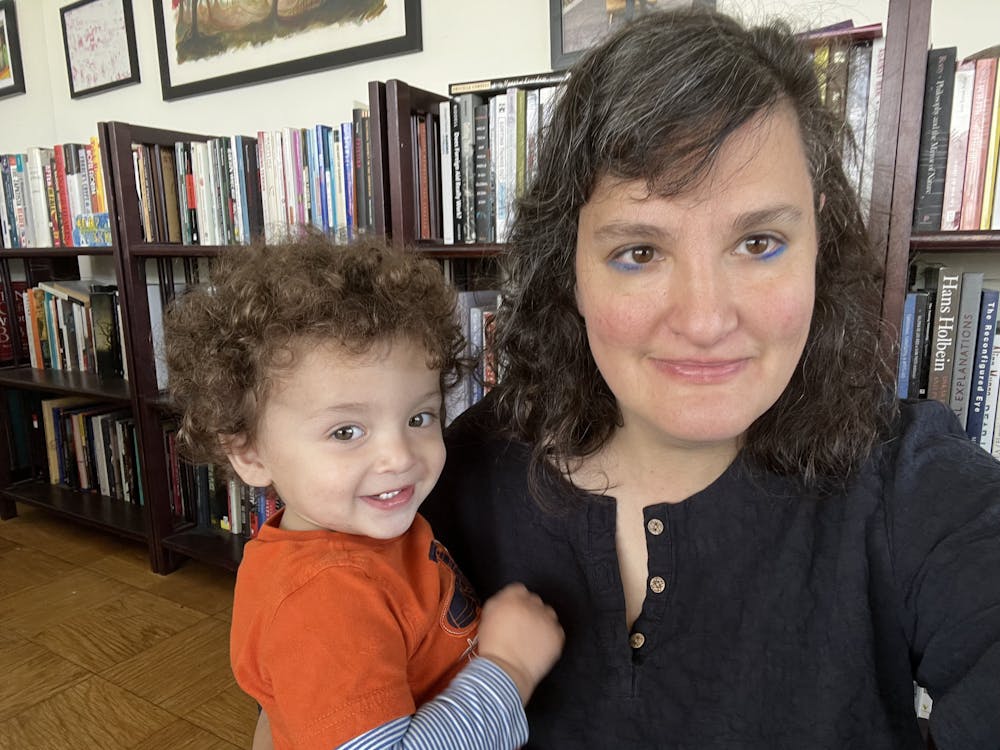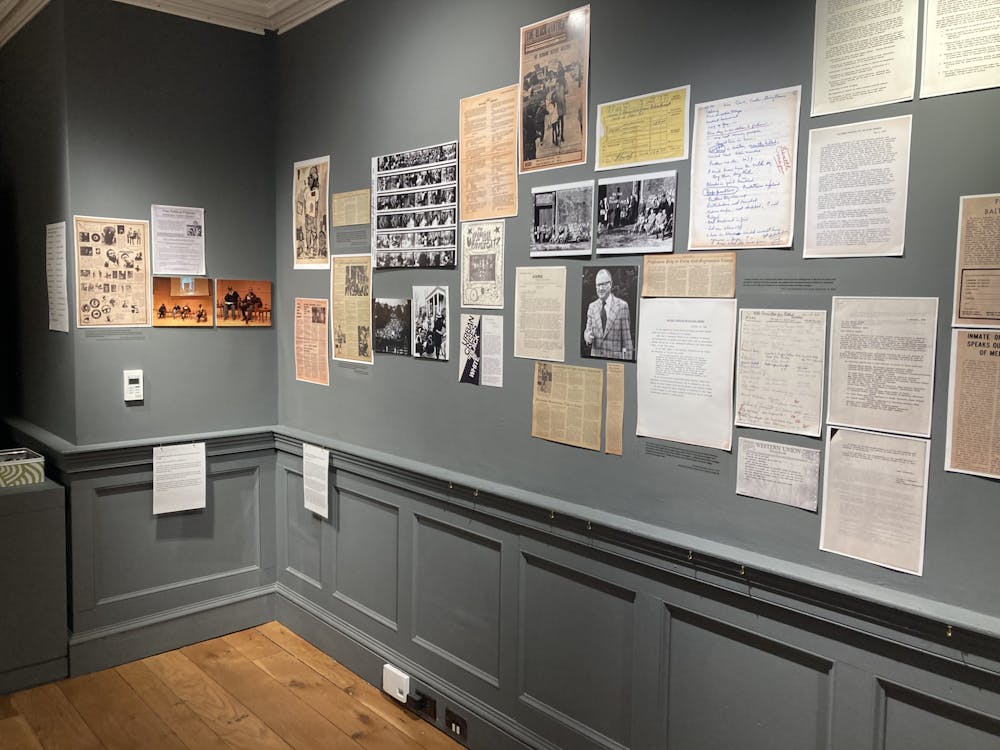The Baltimore Beat, a free, local alternative weekly newspaper, closed on March 6, just four months after it opened in November 2017. The tweet announcing the closure credited it to insufficient advertising funds.
The Beat was founded by Editor-in-Chief Lisa Snowden-McCray, Deputy Editor and Arts Editor Maura Callahan, Associate Publisher Jennifer Marsh, Managing Editor Brandon Soderberg and Publisher Kevin Naff. Snowden-McCray, Callahan, Marsh and Soderberg previously worked at the Baltimore City Paper, an alt-weekly publication which closed in November 2017 after running for over 40 years.
Snowden-McCray believes that there is an audience for alternative reporting in Baltimore and discussed the reception of the Beat when it first opened in the wake of the closure of the City Paper.
“Even when we announced that we were opening — we hadn’t published anything — people were so happy,” she said.
Although she is unsure of her plans for the future, Snowden-McCray said that it would be possible for a new publication similar to the Beat to happen someday.
“Baltimore has so many stories that need to be told,” she said.
According to Snowden-McCray, journalism needs to adapt to the current social and political climate in order to remain viable.
“The story we’ve been telling ourselves about complete impartiality, that doesn’t sit for where we are now,” she said. “The story needs to be told a different way, and I think that alternative media is usually what does it.”
Snowden-McCray explained that when she first began working for a television news outlet in Baltimore, many of her stories were based solely on police reports. She believes that both the City Paper and the Beat conducted their reporting in different ways and had unique voices.
Snowden-McCray said that the main reason the Beat closed was a lack of advertising revenue.
“We have to rethink how we sustain ourselves. Because we started so quickly, I think that it was hard to really think through,” she said.
For Snowden-McCray, the most rewarding part of her job was covering local issues.
“The thing that I was most passionate about was helping people uncover the seemingly little things that are happening right here in the city that can have a huge impact on our lives and that we can actually do things about,” she said.
She believes that local journalism can continue to make an impact in the City.
“You can look at things in D.C. or on the federal level and feel helpless. But there’s literally things that we can affect right here in Baltimore,” she said. “There’s this part of me that’s relentlessly optimistic, even now.”
Ethan McLeod, associate editor of the Baltimore Fishbowl, an independently-owned, daily news website, explained that the Fishbowl started as another source reporting on local issues.
“It had a bit of an edge to it which I think has persisted since then, and when I say ‘edge’ I mean even just a critical take on the news. The City Paper definitely had that for decades and decades. Fishbowl jumped in as another voice in the mix,” he said.
In a statement to The Baltimore Sun, Kevin Naff, publisher of the Beat, explained that one reason for their declining ad revenue was high crime rates in Baltimore City and a decrease in visits from people who live in suburban areas of Baltimore County.
McLeod addressed the effect of crime on the closure of the Beat.
“That is a scapegoat reason that a lot of people in the City give for shutting down,” he said. “It’s become a little played-up.”
The Beat published stories on black and LGBTQ communities in Baltimore. However, according to McLeod, the paper’s business side did not successfully target those communities, which may have contributed to its closure.
“In any business plan, you would want your audience to match your revenue source,” he said.
McLeod also noted that the City Paper closed after The Baltimore Sun bought them. The Sun cited declining ad revenue as its reason for closing the City Paper, but according to McLeod, the City Paper’s independent, alternative voice, which often contrasted The Sun’s, may have contributed to its closure.
“Unless you have a very open-minded corporate ownership that recognizes the value of having both voices, they’re probably going to see it more as a thorn in their side,” he said.
According to McLeod, there are very few alternative news sources in Baltimore. He believes that local news sources should generate trust in their communities, particularly those who feel underrepresented.
“That’s what any alt-weekly needs to do to survive,” he said.
Brandon Weigel, managing editor of the Fishbowl, wrote for the City Paper before it closed. He was disappointed by the Beat’s closure.
According to Weigel, having distinct voices covering local issues is crucial.
“The more media you have and the more outlets you have, the more things will be covered, and that’s important, especially whether it be holding people accountable or whether it be giving a voice to people who don’t normally have that sort of platform,” he said.
Weigel also addressed Naff’s claim that crime rates impacted the sale of advertisements in the Beat.
“It’s pretty bogus,” he said. “The businesses that are still in the City are supportive of the City.”
Like McLeod, Weigel believes that while the editorial side of the Beat worked to reach out to diverse and underrepresented communities in the City, the business side did not successfully do so in their advertising strategy.
“The mission statement of the Beat, as I understood it, was to not be concerned with just tourists’ business, businesses in the white L,” he said.
Weigel believes that it is important that diverse news sources continue to exist in Baltimore.
“The more people we have observing the City and writing about the City and investigating the ways that the City can be screwed up, the better,” he said. “You can really help champion things.”
Weigel noted that although prospective employment rates for journalists are declining, the demand for news media is still high. Because of this, Weigel believes that in order to remain viable in the future, print publications need to improve the way they do business.
“This has been a problem for years,” he said. “There’s been no silver bullet solution yet.”
The Baltimore Institute for Nonprofit Journalism (BINJ), founded by Baynard Woods, Brandon Soderberg and Marc Steiner, seeks to fund local journalism projects. BINJ was inspired by the Boston Institute for Nonprofit Journalism and raises funds through IndieGoGo campaigns and social fundraisers.
Woods, co-founder of BINJ and adjunct professor at Hopkins, has written for the Real News Network and the City Paper. He explained that the inspiration for BINJ came with the closure of the City Paper.
Past projects included funding issues of True Laurels, a magazine about the arts in Baltimore City, as well as working with Writers in Baltimore Schools, an organization that teaches creative writing to Baltimore students. Woods noted that funding journalism projects directly was important to him.
“We wanted the money to go directly to funding journalism and not to funding all of the trash that can come with nonprofits,” he said.
Woods also addressed Naff’s statement on crime in Baltimore.
“That’s just a bunch of bullshit, but it does show how he had the wrong idea of what sales should be doing,” he said.
Woods also believes that local journalism directly impacts people’s daily lives.
“Our local communities are better when we have a really vital news ecosystem that’s able to cover a wide range of things, because this is where we actually live,” he said.
Woods noted that the way people consume news media has changed with technology. According to Woods, this shift towards free, online content makes it difficult for local and alternative print publications to remain in business.
“As a consumer, this is the best time for news ever. I can still be in my bed in the morning and can have read from 15 different sources before I ever get up with very little effort,” he said. “It’s a staggeringly bad time to have to try to make a living producing it.”
Correction:
The original version of this article stated that The Baltimore Fishbowl is an independently-owned, local weekly paper. It is actually an independently-owned, local daily news website.
The News-Letter regrets this error.
















Please note All comments are eligible for publication in The News-Letter.